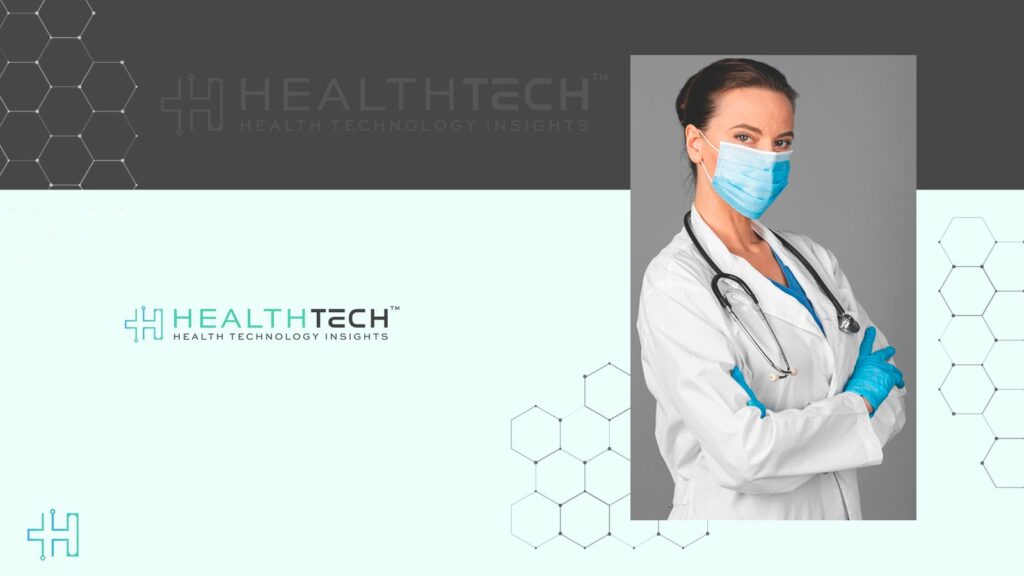Molina Healthcare of Illinois, along with The MolinaCares Accord, is giving over $1.6 million to local groups that work to improve health in Illinois. This money will help these groups grow their efforts in areas like making healthcare more accessible, improving care for mothers and mental health, building a stronger healthcare workforce, and addressing the social factors that affect health.
Health Technology Insights: GenScript Biotech’s MSCI ESG Rating Upgraded to AA
Zul Kapadia, president of PRISM Health, talked about the impact of this partnership. He said, “Working with Molina, PRISM is expanding our mobile immunization program, making sure kids in Chicagoland get the vaccines and preventive care they need. Thanks to Molina’s support, we can bring our mobile clinic to 40 more schools and community places, and help keep the health care workers who make this work possible. We’re reaching families where they are and bringing care directly to them.”
Molina is working with many different community groups to create and improve programs that meet the specific health needs of Illinois residents. These programs focus on improving access to care, bettering mental health services, supporting maternal health, training more healthcare workers, and helping families with their everyday needs. Matt Wolf, president of Molina Healthcare of Illinois, said, “Molina is committed to making sure everyone, no matter their situation, can get the care and resources they need. These investments aim to reduce health differences by helping trusted community partners do their important work to improve care and health results in our communities.”
Health Technology Insights: Mallinckrodt, Endo Complete Merger to Create Therapeutics Leader
Illinois has several issues when it comes to getting care. About 17% of adults in the state don’t have a regular doctor. Flu shot rates are also low, with only 28.5% of people getting one and just 21.5% of kids aged 5 to 17 receiving one. Molina is trying to close these gaps by supporting mobile health programs that bring vaccines and care straight to schools and neighborhoods. Another problem is mental health. Almost 40% of people live in areas where there are not enough mental health professionals. Molina’s support helps programs that make mental health services more available for those without insurance or with limited coverage, and also helps local providers grow their capacity.
Maternal health is a big concern too. Black women are more than twice as likely to die from pregnancy-related reasons compared to white women. Molina is funding programs that bring more doulas into the system. These programs help lower the chance of cesarean births, reduce preterm births, and increase postpartum checkups. Social factors like housing, food, transportation, and money problems greatly affect health. Molina’s partnerships help by supporting services like free laundry, food programs, and efforts to make housing more stable. To build a stronger healthcare workforce, Molina also supports education and training for healthcare providers. Nearly 89 out of 102 counties in Illinois are considered healthcare professional shortage areas, which mostly affect low-income and rural areas. These efforts aim to create a steady supply of healthcare professionals who can better serve these communities. The MolinaCares Accord, started by Molina Healthcare, manages this community investment. Its goal is to improve the health and well-being of people who are not getting enough care through new and effective programs. The money comes from the Molina Healthcare Charitable Foundation, a nonprofit that was started in 2020 to help with these efforts.
Health Technology Insights: Clinisys Acquires Orchard Software
To participate in our interviews, please write to our HealthTech Media Room at sudipto@intentamplify.com



